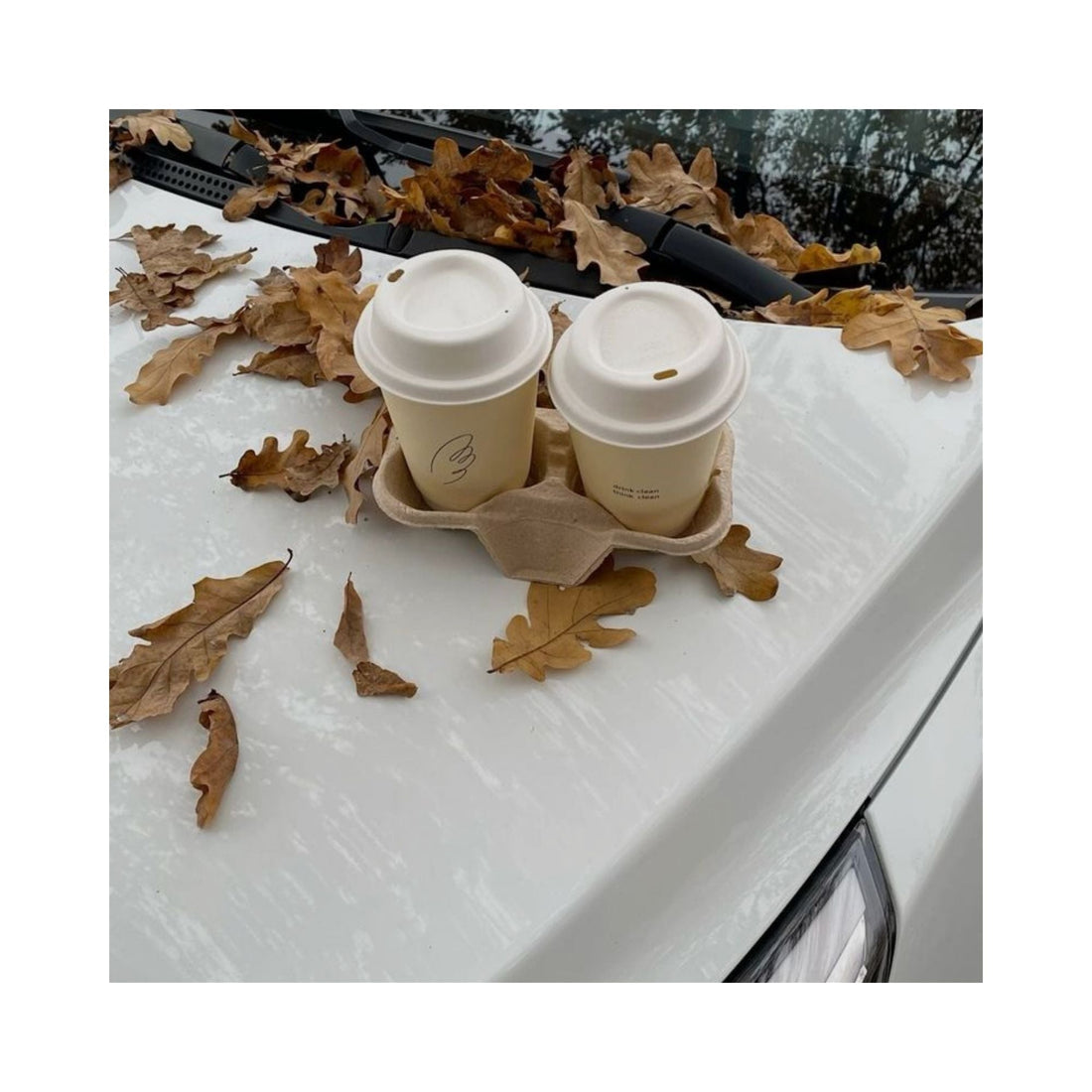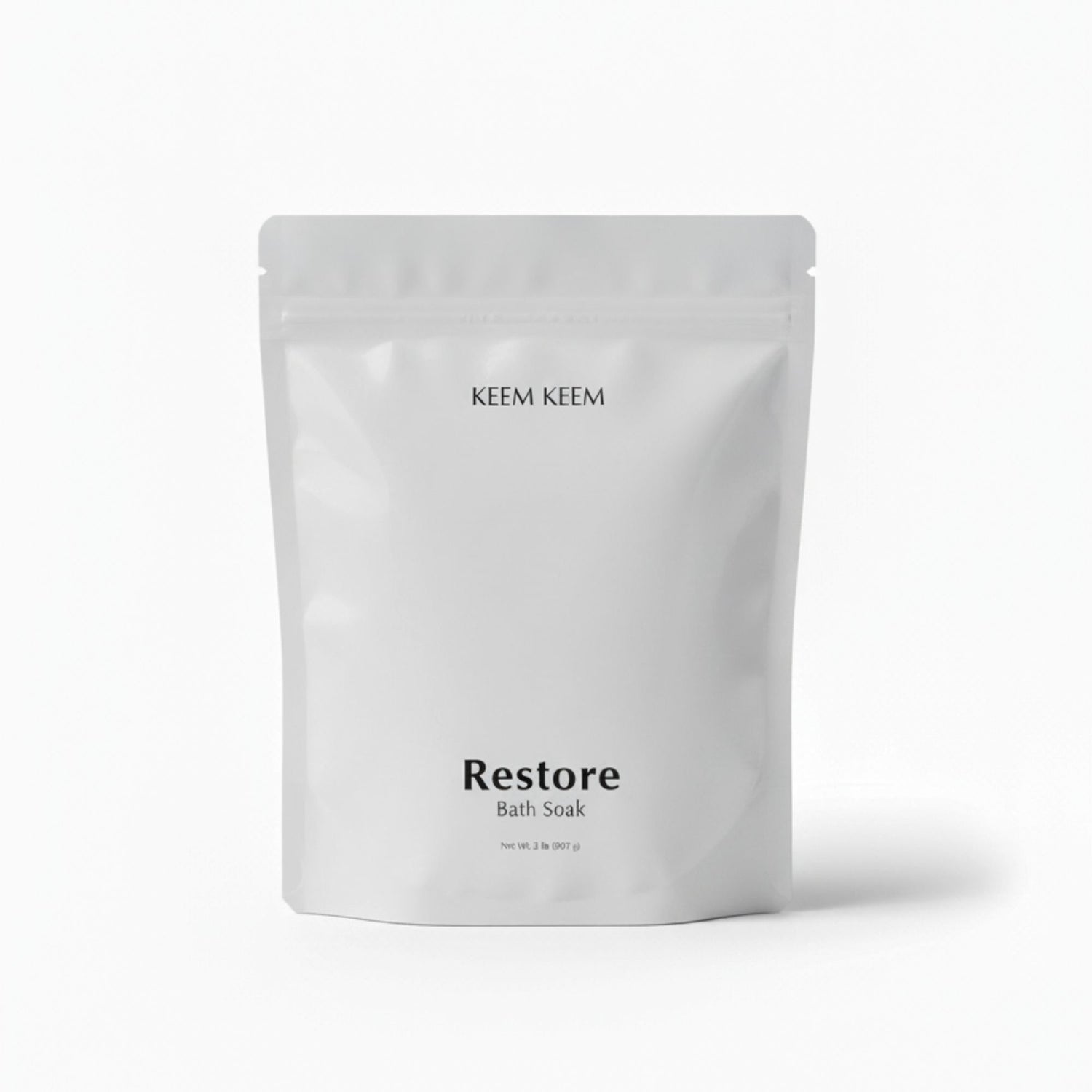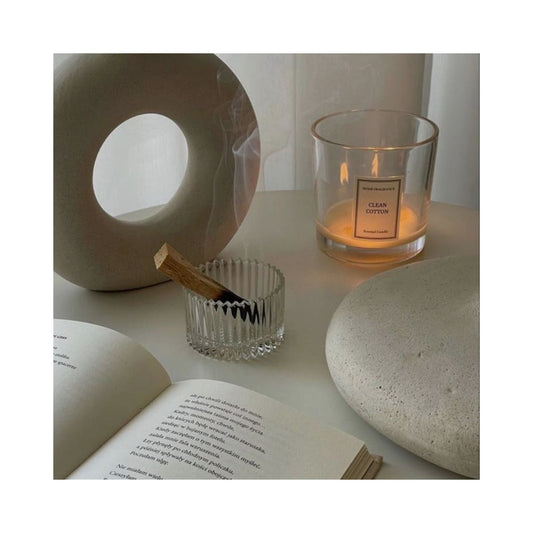
Why Fall Is the Season of Overcommitment (and How to Say No Gracefully)
Keem KeemShare
Something happens the minute the air shifts. Fall arrives, and suddenly every square on the calendar is full: school events, year-end deadlines, early holiday prep, “before the holidays get crazy” get-togethers. It’s the season where saying “yes” feels automatic — and before you know it, your evenings are gone, your body is exhausted, and you’re running on borrowed energy.
Overcommitment isn’t a badge of honor. It’s one of the fastest ways to drain your capacity for focus, rest, and even joy. Boundaries aren’t selfish; they’re how you sustain yourself through the busiest months of the year.
This post explores why fall is a natural breeding ground for overcommitment, how to say no gracefully, and how small acts of self-care — whether that’s a Restore Bath Soak in the evening or a quick shower with a Lavender Steamer— can become anchors of calm when everything else speeds up.
Why Fall Feels So Overwhelming
The shift from summer to fall creates unique pressures:
-
Shorter days mean less natural light, which can impact energy and mood. Research shows reduced daylight disrupts circadian rhythms and increases fatigue .
-
Work ramps up as companies push toward year-end goals.
-
School schedules add pickups, sports, and events that leave parents stretched thin.
-
Holiday planning creeps in early, long before you’re ready for it.
In other words: more demands, less daylight, and fewer chances to recover.
The Psychology of Overcommitment
It’s not just the calendar that drives busyness — it’s our mindset.
-
Many people say yes out of fear of letting others down.
-
Others equate being busy with feeling valuable or productive.
-
The cost: constant overcommitment elevates cortisol, the stress hormone, which can disrupt sleep and recovery .
Boundaries flip that script. Instead of scattering your energy in a hundred directions, they protect the energy you actually have — so you can spend it where it matters most.
How to Say No Gracefully
Saying no doesn’t have to mean awkwardness or guilt. Try these approaches:
-
Delay your answer
-
Instead of automatic yes, say: “Let me check my week and get back to you.”
-
-
Offer an alternative
-
Decline the dinner, but suggest a short coffee, a walk, or a call.
-
-
Use boundary language
-
Try: “I’ve been protecting my evenings for rest, but I’d love to connect in another way.”
-
-
Remember that no is a full sentence
-
Polite, clear, without apology.
-
Protecting the Energy You Save
Declining commitments is only step one. Protecting that reclaimed time is where the reset happens.
-
End your day with a Trifecta Bath Soak when your muscles carry the weight of overdoing.
-
Use a Lavender Steamer as a simple signal that the day is done.
-
Keep Restore Bath Soak nearby for magnesium replenishment when your body feels depleted.
These aren’t indulgences — they’re ways to create guardrails around your energy so you can show up fully in the places that matter.
Final Thoughts
Fall doesn’t have to mean exhaustion and obligation. With clear boundaries and small acts of intentional care, you can move through the season without feeling drained. Saying no with grace is saying yes to yourself — to your rest, your focus, and your health.
If you’re ready to start protecting your energy, explore our full line of bath soaks and shower steamers.
References
-
LeGates TA, Fernandez DC, Hattar S. Light as a central modulator of circadian rhythms, sleep and affect. Nat Rev Neurosci. 2014;15(7):443-454.
-
McEwen BS. Protective and damaging effects of stress mediators. N Engl J Med. 1998;338(3):171–179.
Disclaimer
This content is for informational purposes only and does not substitute professional medical advice. Always consult your healthcare provider before beginning any new wellness practices.



